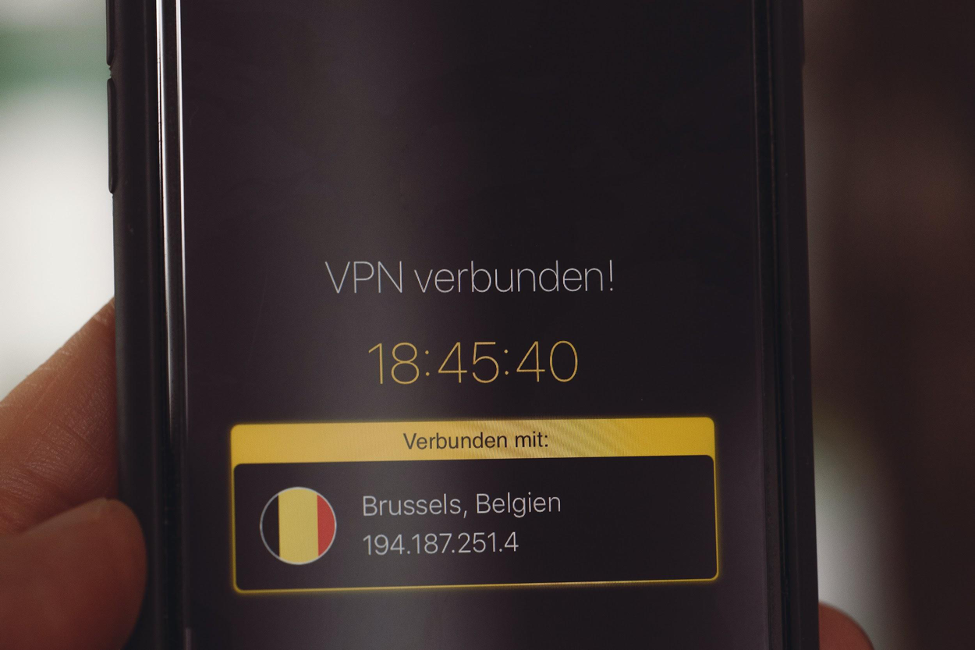Have you noticed the rise of VPNs in the past few years? According to Statista, VPNs are the most used cybersecurity software in the United States. They’re easy to use and often quite affordable. But could using a VPN with your cloud storage be excessive?
To answer that, let’s take a look at how VPNs work.
How does it work?
A Virtual Private Network is precisely the meaning it implies, a virtual and private network. Users can mask their Internet connections with a virtual network and protect their online activities and digital identity. Whenever you use a VPN, it acts as a middleman between your network provider and the internet.
Here’s how that works:
First, the VPN reroutes your Internet connection through a remote private server prepared by the VPN host, then encrypts your data from your end to its destination.
The private server automatically becomes your original internet source. That way, no one can trace your IP address, and if anyone intercepts your connection, the encryption makes your data unreadable.

How strong is VPN encryption?
You can think of encryption as a gift wrap that only the intended gift receiver can open. The gift wrap doesn’t necessarily prevent the present from being stolen, but it protects the identity of the content inside it.
A VPN encryption works like a gift wrap, except it doesn’t only mask your connection but converts your data into cryptic jargon that requires a password to decrypt. The password or decryption key is a maze only your device and the server can decipher.
Are VPN encryptions impossible to decrypt?
Decrypting a VPN encryption outside the jurisdiction of the host and the user’s computer is usually problematic. Some encryptions are programmed to self-destruct when tampered with, leaving the data they protect corrupt and unusable.
However, sophisticated decryption programs might crack the lock and gain entry depending on how vulnerable the VPN encryption protocols are.
Do you need to use a virtual private network for cloud storage?
The term need might be a strong word.
Most cloud storage services come with supplementary cyber security programs. Cloud storage providers like Blomp are renowned for their security setup. Nonetheless, using it on your end is a plus, and it could go a long way in protecting your privacy and erasing your digital footprint.
When should you use a VPN?
There’s no time you can’t use it. But you should know certain websites disallow VPN-enabled connections, so make sure you understand a website policy before you log on to it.
That being said, the best time to use a VPN is when using public WiFi.
